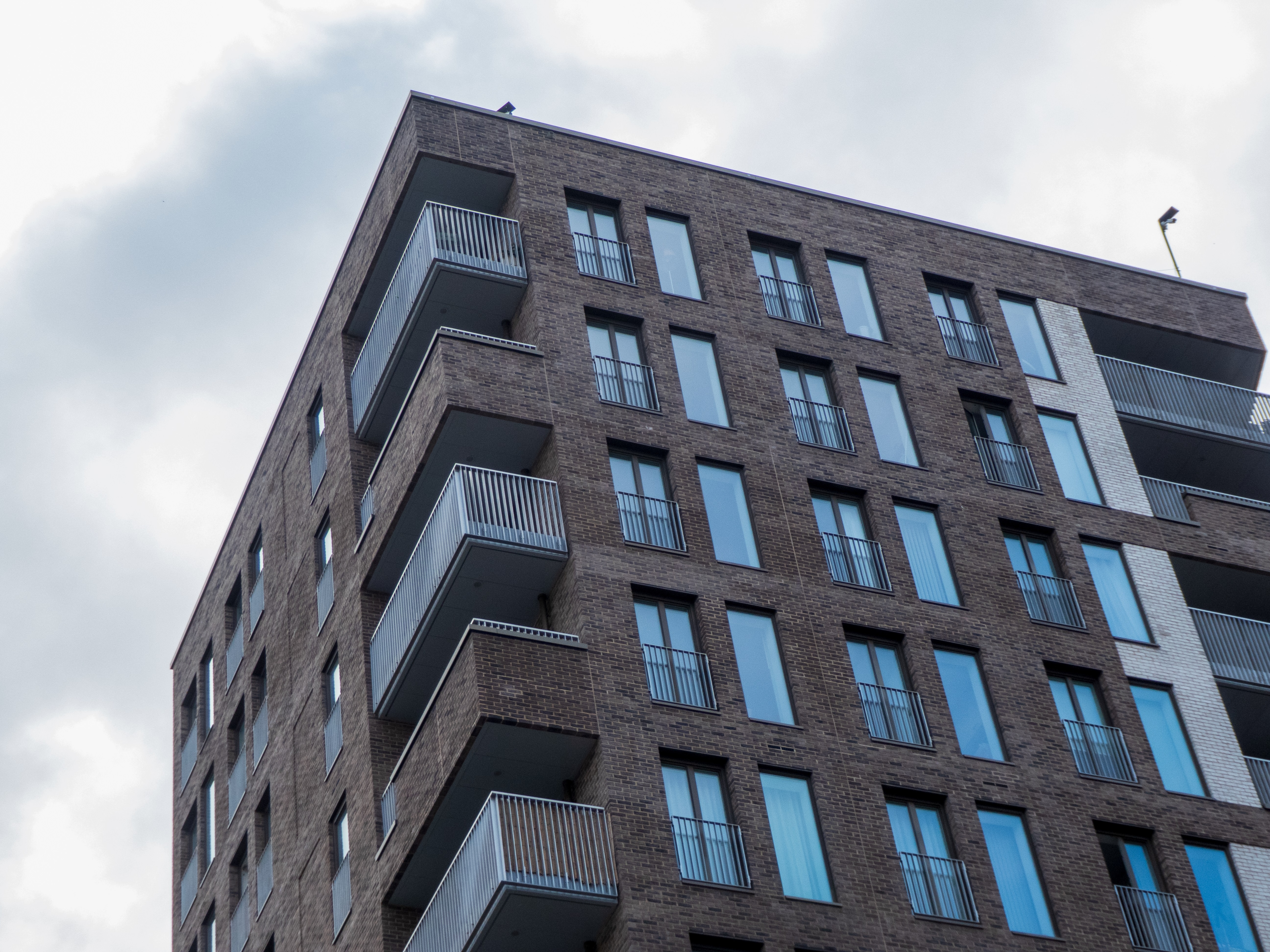In the realm of social housing, diversity and inclusion are not just buzzwords; they represent fundamental principles that shape how organisations operate, interact with communities, and address the needs of diverse populations. Social housing organisations are at the forefront of providing affordable, safe, and secure housing options to individuals and families. Their role extends beyond merely offering shelter; they are pivotal in fostering inclusive communities where all members feel valued, understood, and supported. In this blog, Associate Director Caitlin MacNamee explores the importance of diversity and inclusion within the sector, and the steps housing associations can take to support this.
The Importance of Diversity and Inclusion in Social Housing
Reflecting the Community
Social housing organisations serve incredibly diverse communities with a wide range of needs, backgrounds, and life experiences. Diversity in these organisations ensures that they can effectively represent and advocate for the communities they serve. When the workforce mirrors the community's diversity, it fosters a deeper understanding and empathy for the residents' unique challenges and needs.
Enhancing Decision-Making
Diverse teams bring a multitude of perspectives to the table, which can lead to more innovative solutions and effective decision-making. Inclusion ensures that these diverse voices are heard and valued, contributing to a more holistic approach to problem-solving. This is particularly important in social housing, where decisions can significantly impact residents' lives and well-being.
Building Trust
For social housing organisations, building trust with the community is crucial. When residents see themselves reflected in the staff and leadership, it helps in building rapport and trust. This is especially true for communities that have historically been marginalised or faced discrimination. Inclusive practices demonstrate a commitment to equity and justice, fostering a sense of belonging and community among residents.
Addressing Complex Challenges
Social housing is more than just providing accommodation; it involves addressing complex social issues, including poverty, discrimination, and social exclusion. A diverse and inclusive workforce is better equipped to understand these complexities and devise innovative, empathetic solutions that cater to a wide array of needs.
Supporting Diversity and Inclusion in Recruitment
Achieving diversity and inclusion in social housing organisations starts with recruitment. Here are some strategies that can support these principles:
Broadening Recruitment Channels
To attract a diverse pool of candidates, organisations should broaden their recruitment channels, reaching out to communities that are underrepresented in their workforce. This can include partnering with community groups, attending job fairs in diverse neighbourhoods, and utilising social media platforms to reach a wider audience.
Bias-Free Recruitment Practices
Implementing bias-free recruitment practices is crucial to promoting diversity. This includes using inclusive language in job postings, anonymising CVs to remove identifying information, and standardising interview questions to ensure fairness.
Offering Training and Development
Investing in training and development opportunities for all employees, particularly those from underrepresented groups, can help in retaining a diverse workforce. This includes mentorship programs, leadership training, and continuous education opportunities that support career advancement.
Fostering an Inclusive Culture
Recruitment is just the first step; maintaining an inclusive culture is essential for retaining a diverse workforce. This involves regular training on diversity and inclusion, creating platforms for open dialogue and feedback, and implementing policies that support work-life balance and accommodate various cultural and religious practices.
Leadership Commitment
Leadership commitment to diversity and inclusion is paramount. Leaders should not only advocate for these principles but also embody them in their actions and decisions. This includes setting clear diversity and inclusion goals, measuring progress, and holding the organisation accountable.
Diversity and inclusion are vital for social housing organisations, not as a mere compliance requirement but as a core principle that guides their mission and operations. By reflecting the communities they serve, enhancing decision-making, building trust, and addressing complex challenges, diverse and inclusive organisations are better equipped to fulfill their role in providing safe, affordable, and inclusive housing. Through committed efforts in inclusive recruitment and fostering an environment where everyone feels valued, social housing can lead the way in building equitable and inclusive communities.
To find your next role within the Social Housing sector, or to discuss your hiring or recruitment requirements, contact Caitlin at cmacnamee@jarsolutions.co.uk. You can also view all our live vacancies here.

.jpg)
.jpg)
.jpg)


.jpg)
